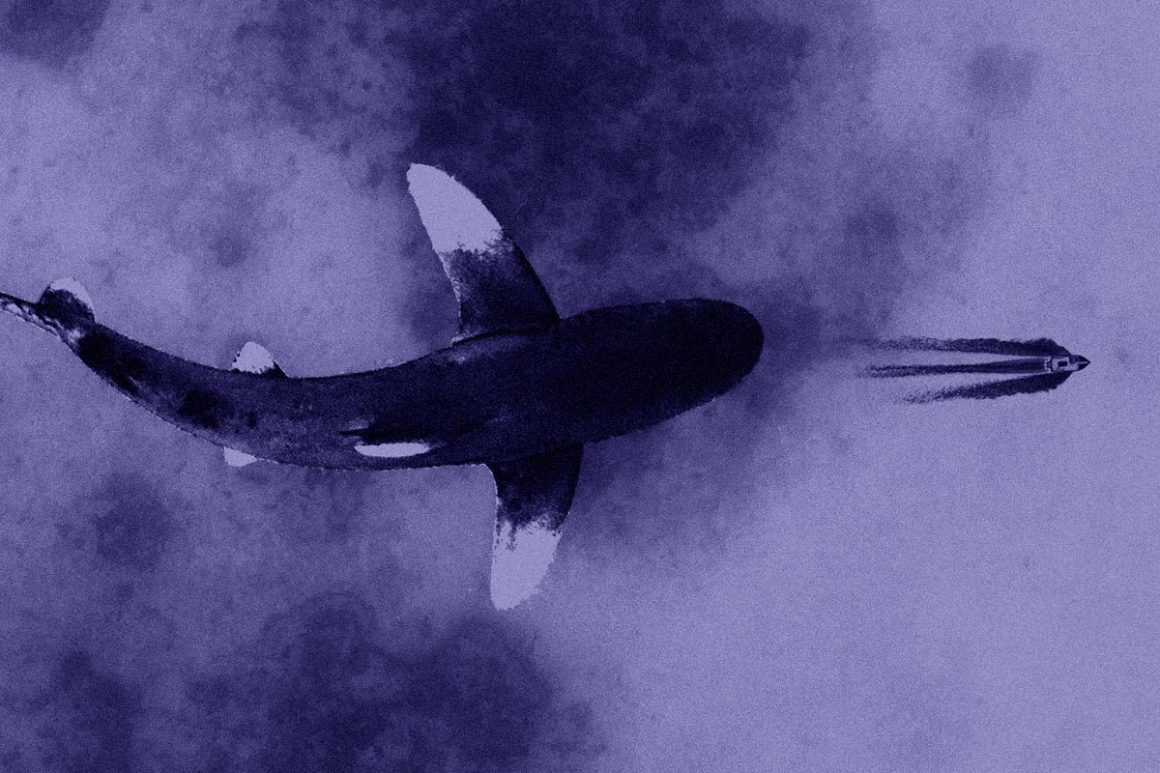
When I take a step back and marvel at the creature my social web has grown into over the last ten years, I’m benumbed by the beauty of the technology that has evolved. Like a proud parent, I’ve watched Facebook and the like stumble through infantile user growth, experiment with facial recognition, real-time augmented reality, live broadcasting, and now finding adult maturity in landing an annual $44 billion(1) paycheck (in the form of global advertising revenue). In terms of vitality, social platforms seem to be in the prime of their lives, a postulation propped up by the purchasing habits of stockbrokers and media buyers across the globe.
But I’m not buying in. In fact, I’m concerned. No, worse! I’m “Worried Yellow Emoticon”. Twice.
Some might call this modern hieroglyphic use excessive — borderline offensive even — but it’s no joke our newsfeeds are sick; cursed by a clickable cancer that shows no signs of remission. You probably first noticed it as an interactive quiz on your MySpace page in your Netscape browser, and like me, ignored the signs. Only now, in the era of “fake news”, “trending topics” and “newsjacking” do we see it has grown into a tumorous torrent of incredulous thumbnails, numerical lists and sensational headlines spreading across every format of content we might consume, with giants like Google and Facebook powerless to stop it (2).
No doubt you know it by its pejorative common name “clickbait”, but those of us in the elite intellectual realm of online content creation call it by its inexplicably visionary 2nd Century latin name, “malus mus torcular”(3) (literally “bad mouse press”). But before you sign an online petition to include “clickbait” in the Pink Ribbon research movement, let’s face the ugly reality of the situation head on.
You want it. And it wants you.
What makes clickbait so adverse to purging is it’s ability to play right into the weak spot of our fundamental cerebration. It flips the traditional informative purpose of a headline and creates a “knowledge gap”, which, scientifically speaking, is “cognitive crack to the human brain”. So if you or I perceive a gap between what we know and what we want to know, our minds become scratchy cerebral junkies hellbent on getting that didactic fix. Now you understand why you feel uneasy every time you can’t remember the artist of that old song and why Google’s search algorithm is worth billions.
And here lies why hating the monster that is clickbait is futile, and why we must take steps to love the beast. It can’t be beaten because it knows us better than we know ourselves.
The First Step is to accept that not knowing something makes your mind uncomfortable, and this is exactly what clickbait is engineered to evoke. It taps into millions of years of intellectual evolution where curiosity resolve and knowledge gathering is critical to your survival. But clickbait also has modern street smarts. It knows how to roll with the Millennial crowd. Hundo p. No JOMO. It knows when you’re online you’re around for a good time, not a long time, and as such keep things short and snack-sized for latter-day attention spans.
Clickbait articles redefine the term “concise”, usually only a couple of hundred words once the graphics are removed(4). Their reliance on imagery is another communication shortcut for the time-poor mind, as well as their ethical stance on attribution, to which there is none. Indeed clickbait inverts and outright ignores many of the integrity codes that journalism and news reporting have come to be shaped by. But switch your perception of clickbait to be less about objective education and more about subjective entertainment, and love of the format can thrive. The frustration of poorly-researched, grammatically-schizophrenic, crazy-incredible-hyperbole-saturated articles is washed away by the simple anticipation of what might be on the other side of that click.
Herein lies the Second Step, where you engage with clickbait as you would flicking through TV channels, feeding on the dopamine treats the mere chance of a Full House marathon brings to the brain. Because the feel-good payoff isn’t in consuming the content, but rather at the signal it’s coming. As Dr Robert Sapolsky from Stanford puts it, “Dopamine is not about pleasure. It’s about the anticipation of pleasure. It’s about the pursuit of happiness rather than happiness itself.”(5) You can engage in clickbait the same way, enjoying the possibility, not the promise.
When you can’t beat them, join them, and with this in mind it’s up to you to help spread the disease (sorry, “love”). Incorporating clickbait tactics into your content can see improvements in clickthrough and engagement. Research released in March this year shows even though we have a more positive reaction to traditional headlines, rewriting links as a question, with mystery, or simply adding the word “simple” can increase clickthroughs by 150%(6). There are benefits to taking a quantity over quality approach to your content, and being more reactive, relevant and timely in the content you make isn’t actually a bad insight to bring to your content strategy.
We can all learn to love clickbait. We’ve co-existed for centuries, and the digital age shows no reason to change. Sure, it’s essentially a smooth-talking used car salesman peddling its wares on the side of high traffic channels on the information superhighway, enticing travellers with sweet promises of self-learning as a cover to the lemon-quality of content it masquerades as human insight, but even salesmen have lovers. Lovers who don’t ask them to change the world, but merely entertain them in the moments they’re not constructively contributing to the advancement of humanity.
Hopefully, now, you can be that lover too.
Reference:
- https://www.emarketer.com/Article/Facebook-Gets-Strong-Majority-of-Worlds-Social-Ad-Spending/1014252
- https://www.nytimes.com/2016/11/15/technology/google-will-ban-websites-that-host-fake-news-from-using-its-ad-service.html
- Arguably “fake news”
- http://buzzfeedminusgifs.tumblr.com/
- http://library.fora.tv/2011/02/15/Robert_Sapolsky_Are_Humans_Just_Another_Primate
- https://engagingnewsproject.org/research/clickbait-headlines/
